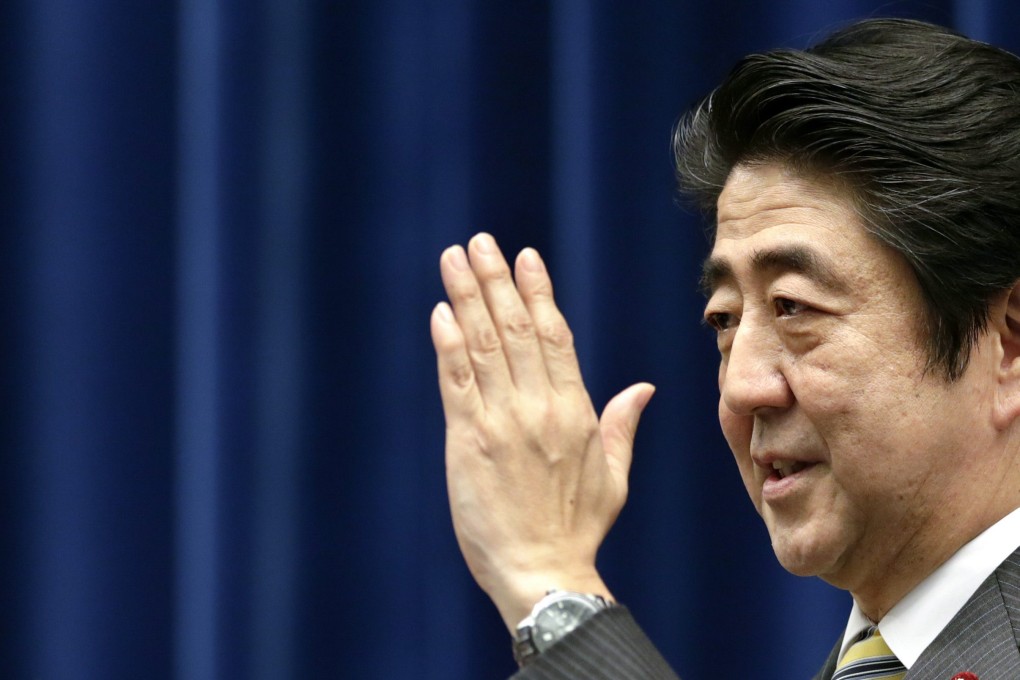Abe's 'third arrow' will restructure Japan's economy for growth
Koichi Hamada says its focus on corporate deregulation and tax cuts will revitalise real economy

Japanese Prime Minister Shinzo Abe has unveiled his long-awaited growth strategy - the so-called "third arrow" of what has come to be known as "Abenomics". A preliminary version of the plan, announced to Japan's Diet last year, was met with disappointment in international financial markets. The new version is far more robust - and has received a far more positive global response.
Over the past 18 months, the first and second arrows of Abenomics - consisting of expansionary monetary and fiscal policies - have achieved considerable success in spurring Japan's economic renewal. For starters, they have fuelled price growth, with the gross domestic product price deflator declining from 3 per cent to nearly zero.
Moreover, the ratio of job openings to applicants, which fell to 0.4 under Japan's last government, is now approaching 1.1. Indeed, Japan is beginning to show signs of a labour shortage.
But the limits of Abenomics' first two arrows will soon be reached. With employment rising as Japan's economy moves towards realising potential output, monetary stimulus will create inflationary pressures and public expenditure will yield sharply diminishing returns. At that point, significant growth can be achieved only by increasing the economy's real productive capacity. That is what Abe's new growth strategy aims to achieve.
At the strategy's core is the removal of obstacles to growth for businesses, particularly the elimination or easing of regulatory barriers. Deregulation promises to bolster the ability of Japan's private sector, which already excels in hi-tech industries, to innovate and compete globally.
While some officials, who may benefit from business regulations, may resist this initiative, its economic benefits, together with Abe's determination, are compelling.
At the same time, Japan will undergo sweeping labour-market reforms, open designated industries to foreign workers and create "special economic zones" within which officials will have the authority that they need to reduce red tape in areas like agricultural land management. If concluded, the Trans-Pacific Partnership - a mega-regional free trade agreement - will provide an additional boost to Japan's economy.
